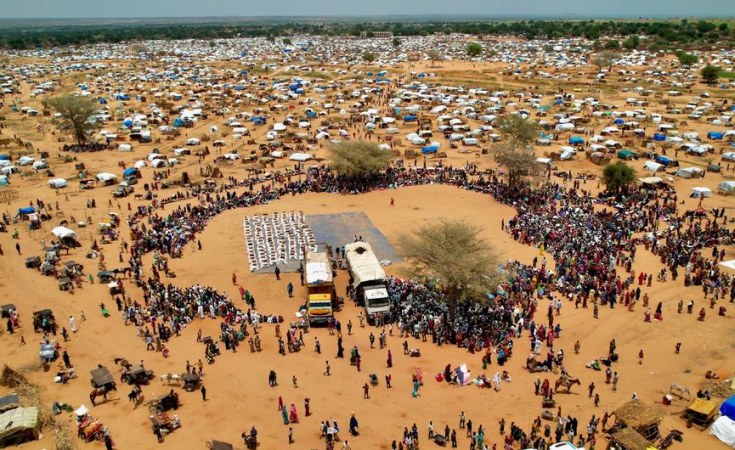Harare — Chadians began voting on a new constitution in preparation for the 2024 elections, which attempts to heal political and social rifts in the oil-producing, fractured and poor nation, Al Jazeera reports.
With the death of former president Idriss Deby at the hands of militants in April 2021, the 8 million registered voters eagerly anticipated the long-awaited return to civilian governance, which will be tested on Sunday, December 23, 2023.
The opposition however said that the vote is a charade by the military, to maintain control and demanded greater autonomy. Following Deby's death, the army dissolved parliament and suspended the constitution. The military then appointed Deby's son, Mahamat Idriss Deby, to lead a Transitional Military Council (TMC) as temporary president.
When Deby, 38, took over in April 2021, he declared elections would take place in 18 months. However, his military government still has the authority to prolong its "transitional" rule for an additional 18 months. Among other things, the proposed constitution would create autonomous communities with local legislatures and councils of traditional chiefdoms. The new constitution promises more independence, according to Haroun Kabadi, organizer of the "Yes" organizations, as it would enable Chadians to select their local representatives and begin collecting local taxes.
Even though the opposition is the target of threats, arrests, and intimidation for more than a year, their message remains consistent. Brice Nguedmbaye Mbaimon, who coordinates a coalition voting "No", said that it was time to allow people organize into federated nations and take charge of their own growth.
Protests and rallies calling for a return to civilian rule is often quelled by violence from authorities. Some citizens are advocating for a complete boycott, claiming that the referendum is nothing more than an attempt by the military to gain more authority. The military authorities, according to Prime Minister Albert Pahimi Padacke, exerted excessive influence over the referendum process.
Since gaining independence in 1960, Chad has experienced minimal stability.


